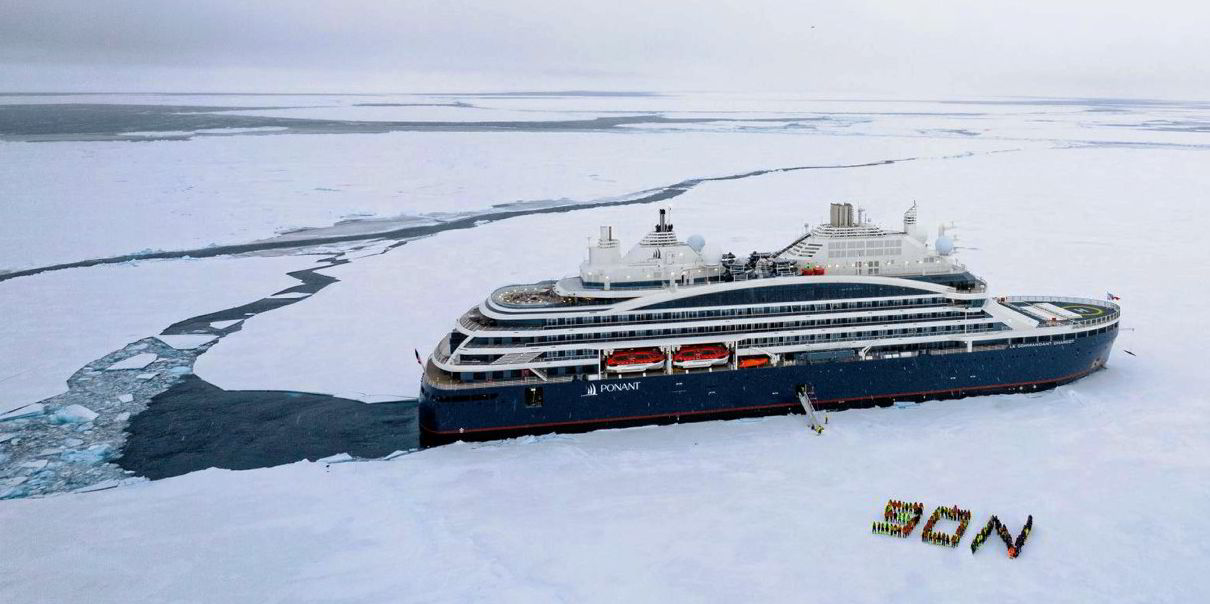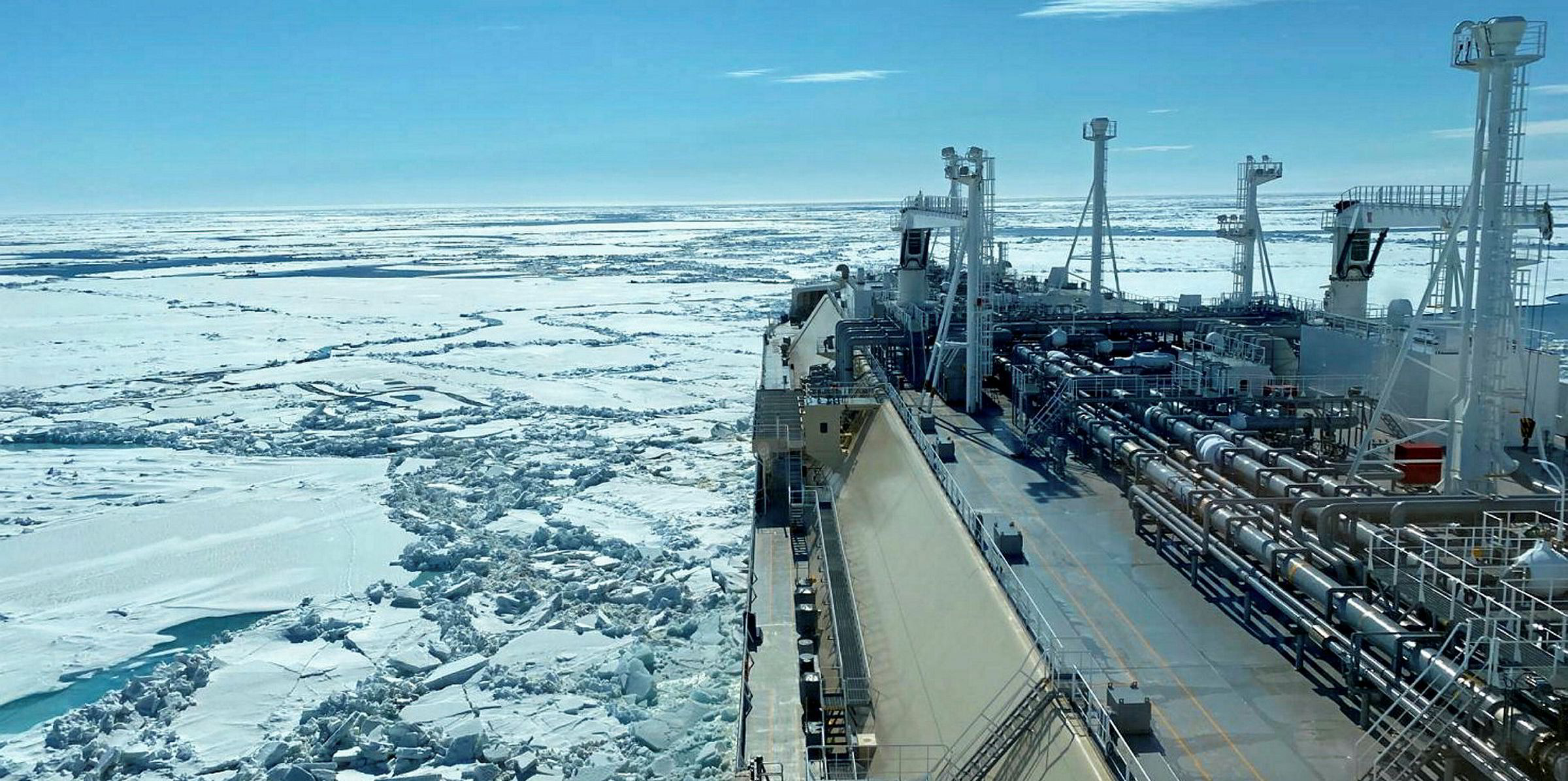The Comite Maritime International (CMI), the world’s oldest maritime law organisation, is readmitting members from Russia, four years after expelling them over unpaid membership fees.
The Russian Maritime Law Association (RUMLA) has joined the Antwerp-based CMI after offering to settle the bills left by its Soviet-founded predecessor.
Established in 1897, the CMI works out the initial drafts of most conventions that eventually land on the desk of the International Maritime Organization's legal committee. It also holds observer status at the International Oil Pollution Compensation Funds (IOPC Funds).
The CMI is working on a so-called Beijing Draft, a nascent international convention to govern the judicial sale of ships and their international recognition.
Renewed Russian membership in the organisation will help the country's experts have a bigger say in matters close to home, according to RUMLA president Konstantin Krasnokutskiy.
"Russia can now officially lobby its interests internationally via CMI's working groups — for example in polar shipping, as the Northern Sea Route is becoming increasingly important," Krasnokutskiy told TradeWinds in an e-mail.
Reversing the decline

Related practical matters, such as the formalities of rescue, will be of concern to the increasing number of shipping companies using the passage amid rising global temperatures — mainly those carrying LNG from the Yamal field in north-western Siberia.
RUMLA has a diversified membership of academics and practising lawyers from shipping, insurance and shipbuilding companies.
Members intend to participate in CMI working groups dealing with issues related to polar shipping, responsibility for environmental damage and the unification of regulations and law administration.
Readmission to the CMI marks a new beginning for RUMLA from past disarray.
Its predecessor was a government-run maritime law association founded in the Soviet Union in 1968.
Over the years, support for the association eroded, membership stagnated and it developed into a closed, introverted club of elderly members who failed to pay national membership fees and were little disposed towards promoting it and allowing a younger generation of lawyers to join.
"Most importantly ... [there was a] lack of understanding that a national maritime law association shall be based on democratic principles — allowing for the membership of any person with a legitimate interest in maritime law and market-rate membership fees," Krasnokutskiy said.






